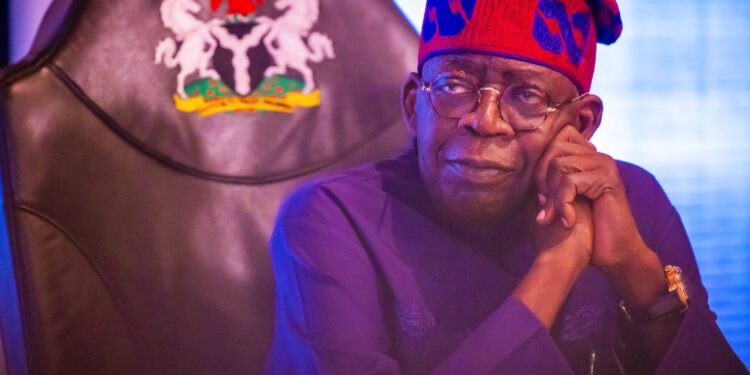Nigeria, often referred to as the “Giant of Africa,” is a nation rich in natural resources, cultural diversity, and potential. However, despite its immense potential, the country faces numerous challenges that have led to widespread hardship for its citizens. From economic struggles to security concerns, Nigeria’s current hardships paint a complex picture of a nation striving to overcome significant obstacles.
Economic Hardships: One of the primary sources of hardship in Nigeria is its economic challenges. Despite being Africa’s largest economy, Nigeria grapples with high unemployment rates, inflation, and a struggling currency. The reliance on oil revenues has made the economy vulnerable to fluctuations in global oil prices, leading to economic instability. Additionally, corruption and mismanagement have hindered development efforts, exacerbating the economic woes faced by many Nigerians.
Poverty and Inequality: Poverty remains a pressing issue in Nigeria, with a large segment of the population living below the poverty line. The gap between the rich and the poor continues to widen, perpetuating inequality across various sectors of society. Limited access to education, healthcare, and basic amenities further exacerbate the plight of the most vulnerable communities, trapping them in a cycle of poverty.
Security Challenges: Nigeria grapples with multifaceted security challenges that significantly impact the daily lives of its citizens. Boko Haram insurgency in the northeast, communal clashes, and rampant kidnappings for ransom have created an atmosphere of fear and uncertainty. The lack of adequate security infrastructure and resources has left many communities vulnerable to violence and displacement, further exacerbating the hardship faced by millions of Nigerians.
Infrastructure Deficiency: Decades of underinvestment in infrastructure have left Nigeria grappling with inadequate transportation networks, unreliable power supply, and poor healthcare facilities. The state of infrastructure not only hampers economic growth and development but also contributes to the everyday struggles of Nigerians. Without proper infrastructure, accessing basic services becomes a challenge, hindering progress and perpetuating hardship.
Government Response and Civil Society: While the Nigerian government has implemented various initiatives to address these challenges, including economic reforms and security operations, progress has been slow and uneven. Civil society organizations and grassroots movements play a crucial role in advocating for the rights of marginalized communities and holding the government accountable for its actions. However, persistent challenges such as corruption and political instability continue to hinder meaningful progress.
Conclusion: Nigeria’s current hardships are deeply rooted in economic, social, and political factors that require comprehensive and sustainable solutions. Addressing these challenges demands concerted efforts from the government, civil society, and the international community. By prioritizing economic diversification, investing in human capital, and strengthening institutions, Nigeria can chart a path towards a brighter and more prosperous future for all its citizens. However, the journey towards overcoming these hardships will require resilience, determination, and a commitment to positive change at all levels of society.
























